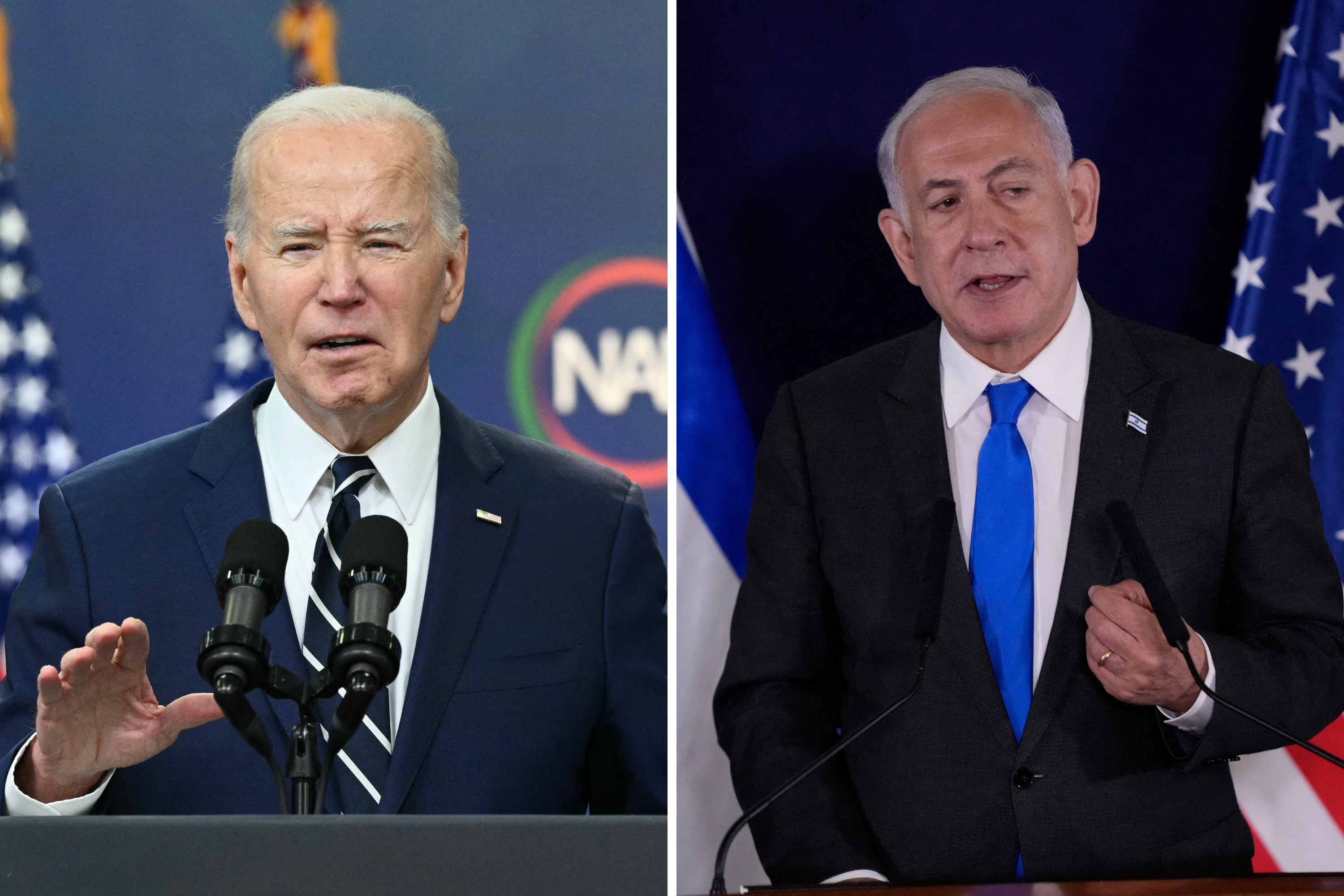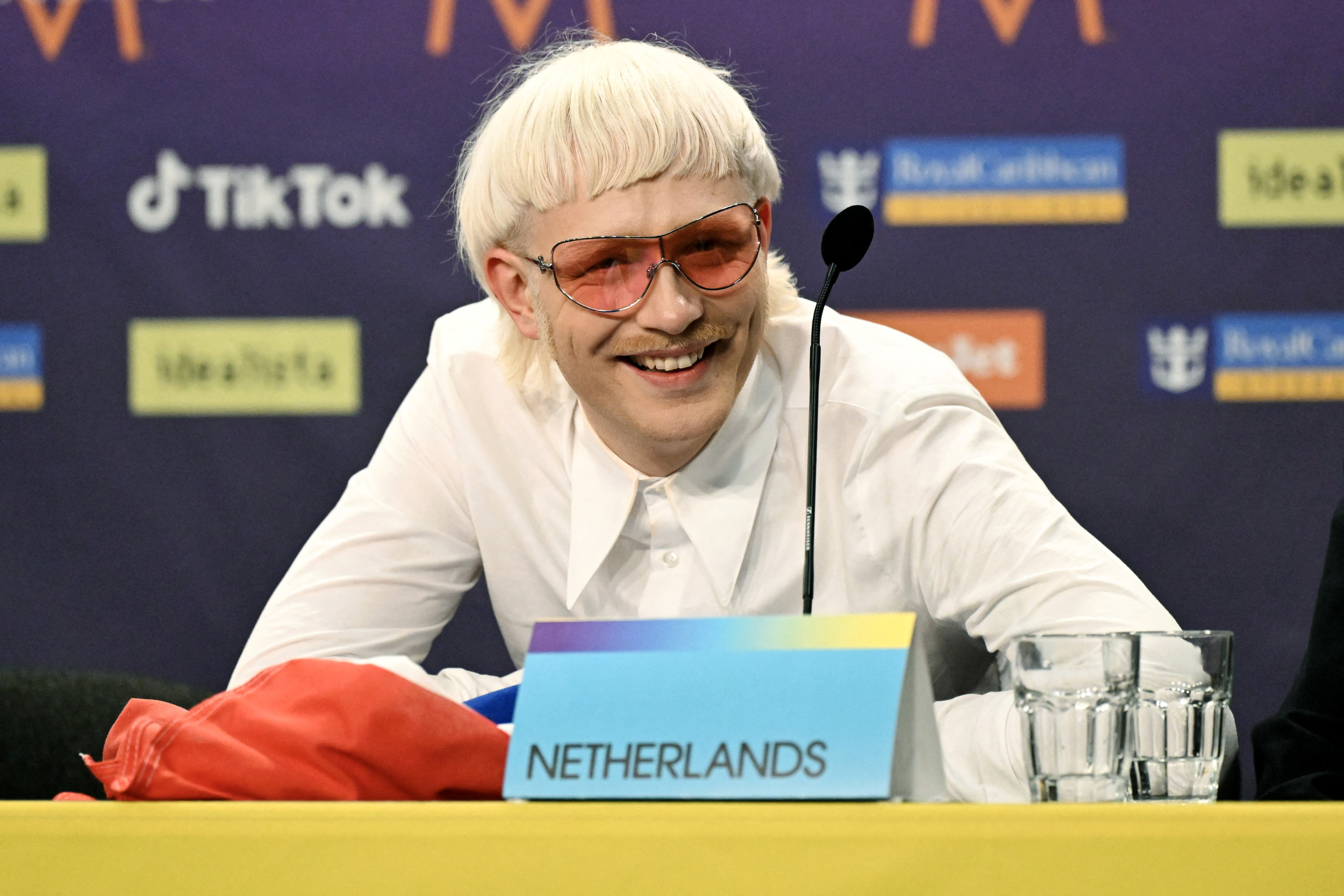In May 1989, President George H.W. Bush articulated for a West German audience his vision of a Europe "whole and free." Back then, with the green chutes of democracy only just beginning to appear on the other side of the Iron Curtain, it was clear that the United States had an indispensable role to play in ushering the continent toward a peaceful resolution of the Cold War.
Today, however, it is far less obvious that America can play a constructive part in solving Europe's most pressing problems. The emergency in Ukraine is demonstrating in real time that Washington has a limited ability to fix crises as they emerge. Worse, U.S. attempts at leadership might even be hindering progress toward a lasting settlement in Eastern Europe.
Europeans must not give up on the vision of a Europe whole and free. It is an idea worth trying for. They should, however, let go of the notion that the continent—the whole continent—can be made secure through reliance on the United States. It cannot. A Europe whole and free requires a Europe that can manage its own affairs.
The problem is not that American leaders lack an emotional attachment to European security. On the contrary, there is no doubt that President Joe Biden and his advisers are angered by the sight of Moscow holding a gun to the head of a smaller, weaker power. Nor is there any question that, if Russia invades Ukraine, ordinary Americans will be appalled.
Being moved by Ukraine's plight is not the same as being willing to take the costly steps necessary to ensure Ukraine's security. Biden has made it clear that U.S. forces will not be used to defend Ukraine militarily. Yet, the president has also refused to concede those things that Russian President Vladimir Putin has demanded of him—most notably, changes to the NATO alliance.
This is the key reason the United States is of limited usefulness when it comes to the future of European security: even if it is true that President Biden cares deeply about the fate of Ukraine, it is also true that he cares much more about other things—such as avoiding war with Russia and preserving NATO's freedom of maneuver.
In other words, Ukraine matters to U.S. leaders, but not so much that they will do whatever it takes to stop a Russian invasion.
To admit this is not to accuse President Biden or anyone else of a moral failure. It is simply to acknowledge the facts. If Putin follows through on his implicit threats to invade Ukraine, America's national security will not be weakened in any significant way.

It is therefore a grave problem for the likes of French President Emmanuel Macron, German Chancellor Olaf Scholz and European Commission President Ursula von der Leyen—not to mention Ukrainian President Volodymyr Zelensky—that Putin prefers to deal with the president of the United States rather than them. If Russia invades Ukraine, it will be their continent that is blighted by war. Why, then, are they now all but powerless to forestall a looming catastrophe?
If they have not already, European leaders should recognize the long-term implications of the dynamic that has unfolded in recent weeks: Russia demanding things from the United States, the United States refusing to budge and ordinary Ukrainians being left in abject insecurity as a result. What sort of security architecture has made the occupant of the White House a more central figure to the security of Europe than the presidents, prime ministers and chancellors of Europe itself?
Whether or not war comes this year, it must be recognized that Europe's regional security order is badly flawed and needs to be replaced. The states of Western, Central and Eastern Europe alike have a right to live in a region where Russia has no appetite to menace its neighbors. Such an order does not exist today, and it seems to be an inescapable fact that the United States is no longer willing or able to make a reality.
Sooner or later, Europeans must take the lead in plotting what a reformed security architecture might look like. The ongoing "Normandy format" talks between Russia, Ukraine, France and Germany are a good foundation to begin from—but something more formal, institutionalized and pan-European will ultimately be needed.
To be sustainable, any new processes, pacts and institutions aimed at securing the whole of Europe will have to include Russia to a meaningful degree. The division of the continent into NATO and non-NATO camps is no longer a recipe for a stable and peaceful balance.
Whether the future European security order ought to include the United States, on the other hand, is an open question. At the very least, it is worth considering whether a Europe whole and free can exist when half the continent shelters beneath a security umbrella that exacerbates the insecurity of others.
Peter Harris is an associate professor of political science at Colorado State University and a non-resident fellow with Defense Priorities.
The views expressed in this article are the writer's own.
Uncommon Knowledge
Newsweek is committed to challenging conventional wisdom and finding connections in the search for common ground.
Newsweek is committed to challenging conventional wisdom and finding connections in the search for common ground.
About the writer
To read how Newsweek uses AI as a newsroom tool, Click here.






